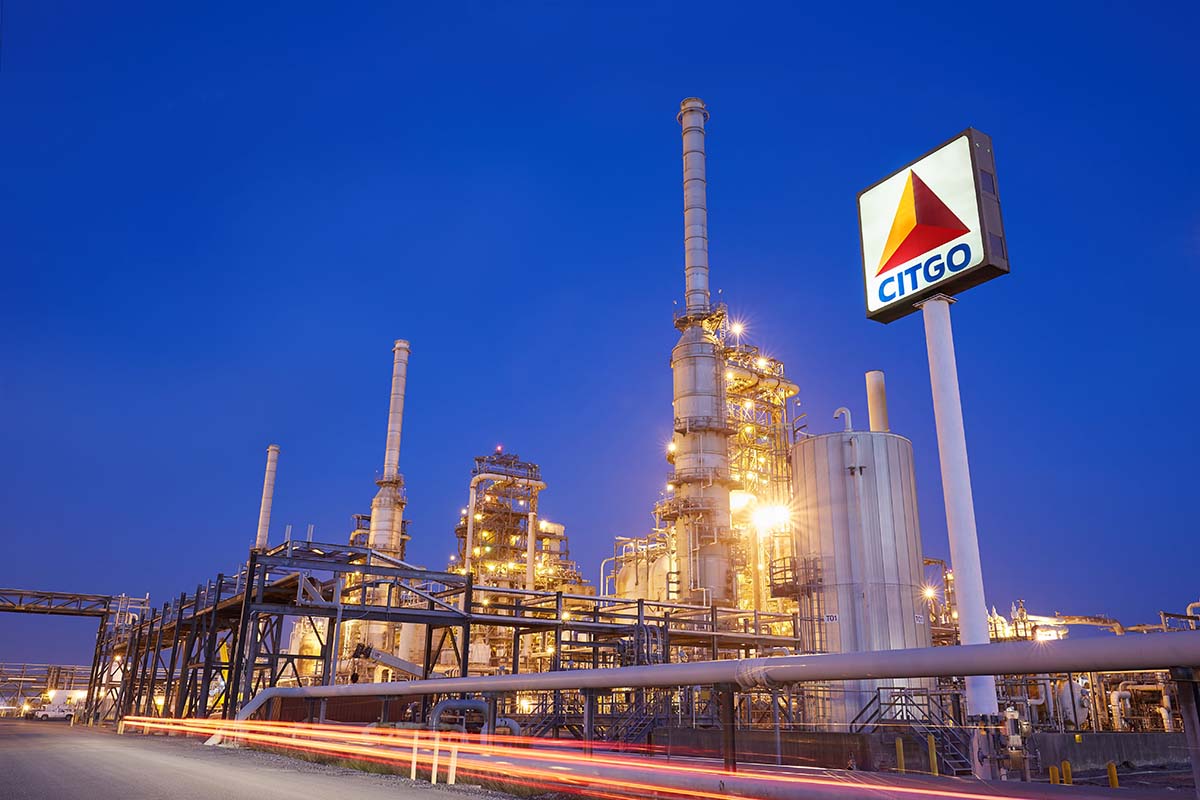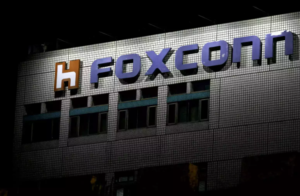In a gripping turn of events, the stage is set for a monumental shift in the energy industry, as the United States prepares to auction off Citgo Petroleum, a 113-year-old oil refining company based in Houston, Texas. For nearly four years, Citgo enjoyed protection from creditors, shielding it from the clutches of those seeking to claim billions of dollars in debts owed by Venezuela. However, the forthcoming auction, commencing under the watchful eye of a U.S. judge, is expected to open doors for competitors and investors to seize control of this foreign crown jewel.
The auction marks a pivotal juncture in the storied history of Citgo, which has been under the ownership of Venezuela for nearly four decades. A pertinent question looms over the horizon – could the recent decision by the Biden administration to ease energy sanctions on Venezuela alter the course of this high-stakes drama? Notably, a senior U.S. State Department official expressed that the sanctions’ easing would not impact the auction, while Citgo’s protection from creditors has been extended until January.
Over the past year, Reuters has closely followed this legal saga, interviewing a myriad of individuals connected to Citgo, including employees, investors, attorneys, U.S. officials, rivals, and creditors. The story that unfolds is a complex one, marked by miscalculations, and an unyielding federal judge determined to hold Venezuela accountable for its outstanding debts. In the end, it appears that Citgo may find itself in the hands of one or more of the largest refiners operating in the United States, potentially leaving Venezuela with nothing.
Initially, both Washington and Venezuela’s political opposition had grand designs for Citgo, envisioning it as the linchpin of the country’s economic revival under a democratically elected government. However, these aspirations have faltered in the face of President Nicolas Maduro’s iron grip on power since the controversial 2018 re-election. Now, the enforced auction, involving a parent company whose sole asset is the refining giant, presents an opportunity to generate substantial funds—estimated at around $13 billion—allowing the repayment of a select few among a long list of Venezuela-linked creditors. Few companies are poised to bid for the entire enterprise, comprising three refineries, six pipelines, and 4,200 independent gasoline retailers.
In many ways, this auction is poised to become one of the most significant court auctions ever witnessed. Potential bidders on the horizon include industry giants like Marathon Petroleum, Saudi-owned Motiva Enterprises, Valero Energy, and Koch Industries. Additionally, infrastructure investors may also enter the fray, according to sources close to the matter. Notably, Motiva, Valero, Citgo’s parent company, Venezuela’s state oil firm PDVSA, and Marathon have remained tight-lipped about their intentions.
The price tag and antitrust concerns may necessitate the division of the company, limiting the pool of prospective buyers for the entire entity. Matthew Blair, Managing Director for Refining Research at financial firm Tudor, Pickering, Holt & Co., predicts such a scenario, noting that the gasoline retail exposure could pose challenges for foreign buyers.
Experts suggest that Venezuela’s chances of retaining any stake in Citgo are exceedingly slim. In 2014, Citgo was valued at nearly $12 billion when it was offered for sale, and its significantly improved profitability since then is expected to attract higher bids. However, Venezuela’s foreign debt has swelled to over $90 billion, rendering the prospect of holding onto Citgo highly improbable.
U.S. District Court Judge Leonard Stark, who has played a pivotal role in orchestrating the auction, has diligently laid the groundwork for this watershed moment. Stark’s groundbreaking alter ego ruling in 2019, linking PDV Holding to Venezuela’s debts, paved the way for creditors to pursue shares in Citgo’s parent company. Venezuela initially believed itself shielded from creditors due to the U.S. courts’ tendency to treat corporations as distinct from their owners. However, since Citgo severed its ties with PDVSA in 2019, the U.S. government has acknowledged a series of supervisory boards appointed by Venezuela’s opposition-led National Assembly and its former leader Juan Guaido.
Stark’s actions have been instrumental in shaping the course of the auction. Stark’s meticulous preparation involved hiring an investment bank and appointing a court official to liaise with U.S. agencies responsible for Citgo’s protection. His 2018 alter ego ruling opened Pandora’s box, exposing PDV Holding to Venezuela’s debts, a decision that Venezuela’s lawyers are still contesting before the U.S. Supreme Court.
Stark remained steadfast in his commitment to the case, even after his promotion to an appeals court in 2022. This year, he enlisted the services of investment banker Evercore Group to compile financial data and market the company. Evercore is currently seeking a “stalking horse bid,” an initial bid that could be unveiled imminently. Prospective bidders with substantial arbitration awards, such as ConocoPhillips and Exxon Mobil, are expected to make their presence felt.
Conoco has expressed its commitment to pursuing all available legal avenues to recover its three awards, while Exxon has refrained from making any comments.
Stark recognized early on that the Citgo case had ramifications far beyond the company itself. He dispatched a court officer to the U.S. Treasury Department’s Office of Foreign Assets Control, which had long obstructed claims against Citgo, and secured pre-clearance for the auction.
As the countdown to the auction begins, questions and concerns continue to linger. This high-stakes game may not yet be over, as talks between Citgo and its boards and creditors persist. Ultimately, the winner bidders are set to be declared next year, and if payment agreements are not reached, Venezuela’s hopes for Citgo will be dashed.
Despite the many obstacles and uncertainties surrounding Citgo’s fate, one thing remains clear – the significance of Citgo’s 807,000 barrel per day refining network, geared toward processing Venezuela’s heavy crude, is as crucial today as when PDVSA first acquired the company. Its potential role as a vertically integrated oil company with production assets in Venezuela could define Venezuela’s future energy strategy.
In conclusion, the impending loss of Citgo would have far-reaching implications, not just for Venezuela but for the global energy landscape. The outcome of this auction, the largest of its kind, will have repercussions that echo for years to come, as bidders vie for control of this oil refining giant.
(Source: Marianna Parraga | Erwin Seba | Gary McWilliams | Anna Driver | Reuters)









